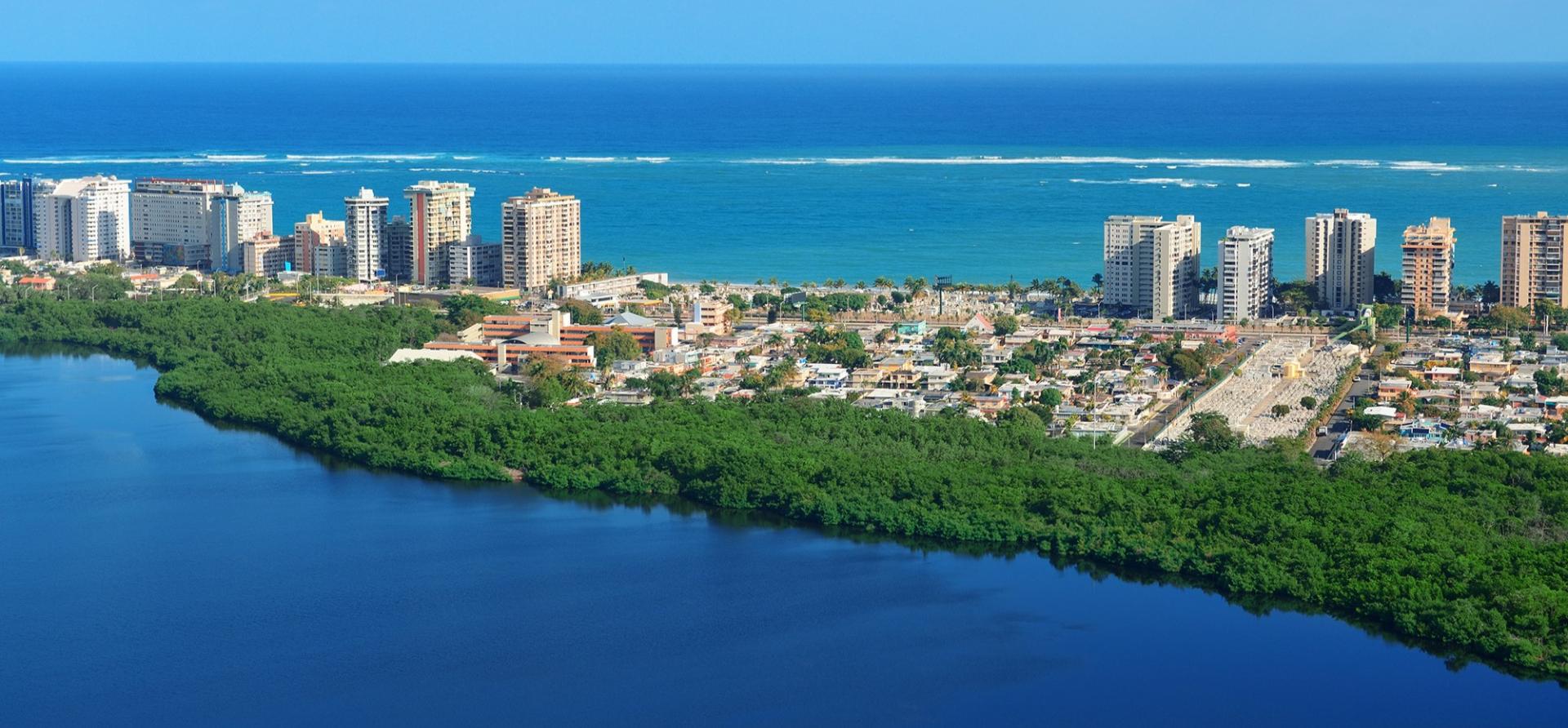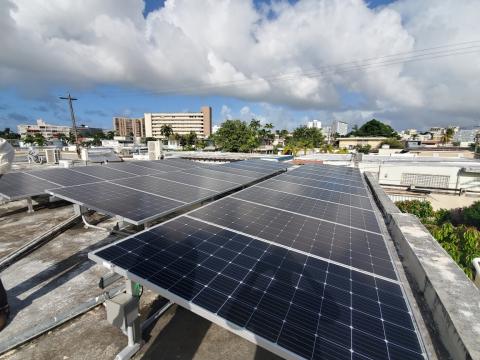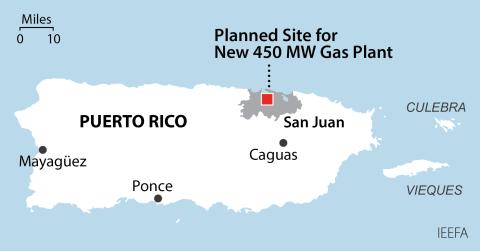New Puerto Rico oversight board members to face same fundamental challenges

Key Findings
The firing of a majority of the Puerto Rico Financial Oversight and Management Board (FOMB) is likely to benefit utility bondholders.
The new board members will need to focus on fundamental challenges faced by the bankrupt Puerto Rico Electric Power Authority (PREPA).
The utility’s revenues aren’t enough to cover maintenance needs, privatization has failed to deliver, and reliability metrics for the island’s grid continue to worsen.
A new board will require deep financial and fiscal expertise, as well as good political instincts, to successfully meet the system’s challenges.
President Donald Trump fired six of the seven members of the Puerto Rico Financial Oversight and Management Board (FOMB) in early August, marking the first time in the 10-year history of the board that a president has fired board members.
The legal cause for the firings is unclear, but the move appears likely to benefit Puerto Rico Electric Power Authority (PREPA) bondholders who have been demanding higher levels of legacy debt repayment than the board’s latest offer, which was to pay approximately $2.6 billion of the more than $10 billion in legacy bond debt and other obligations (excluding pensions).
Given the intractable nature of the problems facing Puerto Rico, and PREPA in particular, the unsalaried appointments will not be easy jobs. Eight years after PREPA entered bankruptcy, the electrical system continues to face fundamental challenges:
- PREPA revenues are insufficient to cover maintenance needs, and the reliability of the system continues to deteriorate. Reliability metrics for the transmission and distribution system have worsened over the last two fiscal years.
- The privatization of the grid has not delivered on its promises. Puerto Rico officials put LUMA Energy on notice in July that it will pursue early termination of its transmission and distribution system operation contract if LUMA does not correct its alleged “chronic non-performance.” And the contract with Genera for the operation of PREPA’s thermal power plants will automatically terminate if Genera’s financially troubled parent company, New Fortress Energy, goes bankrupt, as seems possible.
- Contracting scandals continue to plague the electrical system. Recently, for example, the government cancelled the award of a contract for 800 megawatts of temporary generation to reduce blackouts during the summer peak demand season. The contract was scrapped after two bidders sued over alleged irregularities in the contracting process.
- Residents and businesses on the island continue to rapidly install rooftop solar and storage systems to provide basic resilience and save lives as households and businesses experience constant blackouts. Electrical system managers have failed to adapt to this reality and to the declining utility sales that will result from increasing amounts of consumer-generated power.
These challenges are compounded by the PREPA bankruptcy and the inability over the last eight years to resolve its $8.5 billion in legacy bond debt. The intense political controversy over the PREPA debt restructuring stems from the underlying reality that Puerto Rico’s economy faces a fragile and uncertain outlook, and that its recovery is dependent on having a functional electrical system. Yet a group of bondholders has insisted on dragging out the bankruptcy process by demanding the full repayment of the debt, a demand that the bankruptcy judge has deemed “likely delusional.”
These challenges cannot be met with a passive board. A new board will require deep financial and fiscal expertise, as well as good political instincts to successfully meet these challenges. Handing out board positions as a political plum will be dangerous and create severe repercussions for those involved in the appointments process. The board will face unrelenting scrutiny from all sectors of Puerto Rican society, who have demonstrated over the last several years that they are paying close attention its operations and demanding real solutions to the electricity crisis, which is arguably the biggest political issue on the island.
The timeline for appointing new FOMB members is not publicly known.





